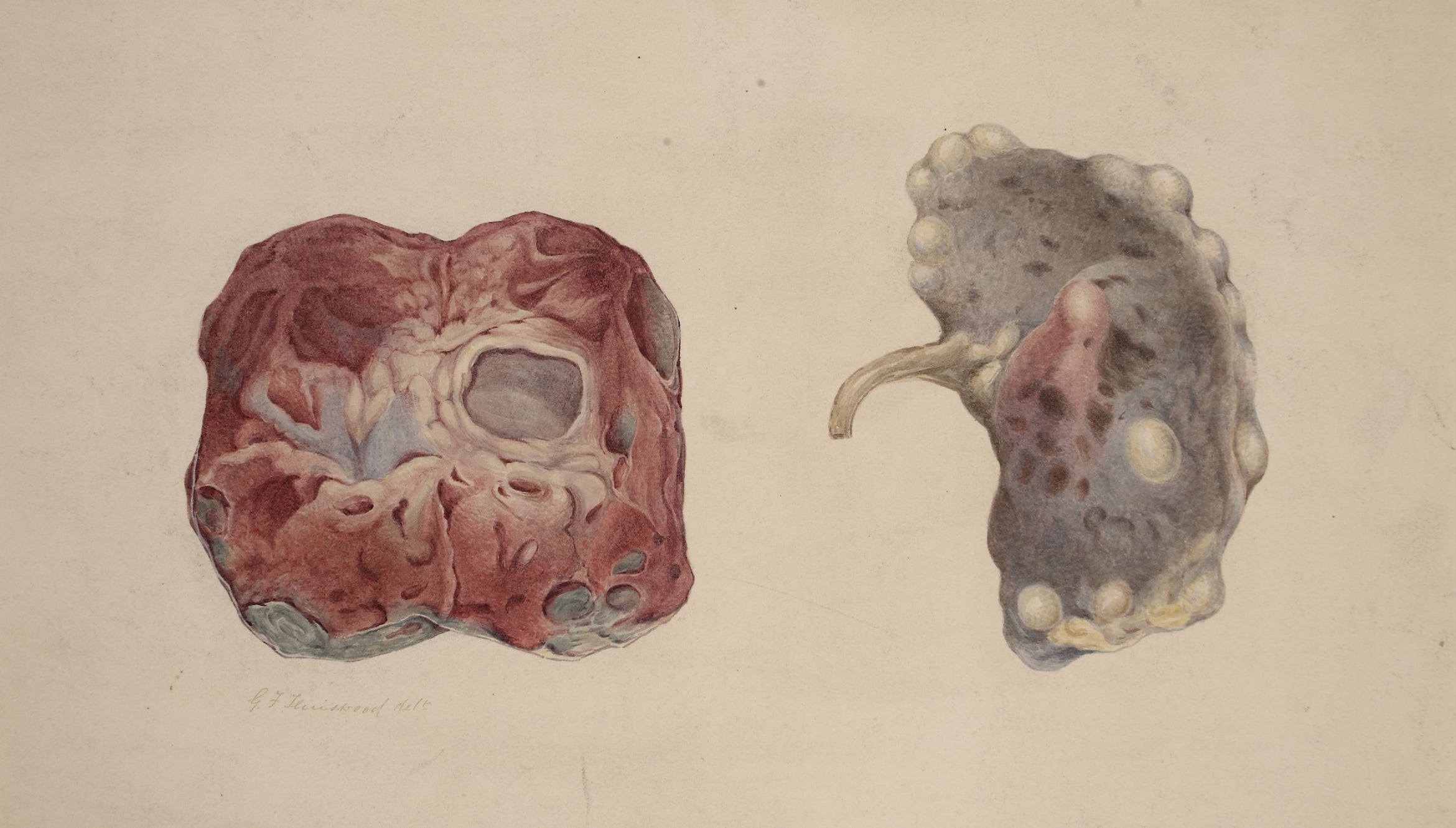UCSB Professor to Tell How Illnesses of Mind and Body Have Influenced Foreign Policy Decisions of World Leaders
Disease, whether of mind or body, can have a major influence on human behavior. And when the afflicted human is a world leader, it can affect the course of world events.
Rose McDermott, an assistant professor of political science at UC Santa Barbara, will discuss the influence of illness on American presidents and others in "Sick and Tired: the Impact of Medical and Psychological Illness on Foreign Policy Decision Making," a UCSB Affiliates Town Forum lecture at 7:30 p.m. Monday, April 14 in Santa Barbara.
The lecture will be held in the First Presbyterian Church Fellowship Hall, 21 E. Constance St. Admission is $5 for UCSB Affiliates or Chancellor's Council members and $8 for all others. Advance registration is required and can be made by calling the UCSB Office of Community Relations at 893-4388.
McDermott said evidence suggests that presidents Woodrow Wilson, Franklin Roosevelt, and John Kennedy all suffered illnesses that adversely affected their behavior. Wilson's effort to set up a league of nations failed when he was unable to gain approval of the idea even in his own Congress. Many believe he was unable to persuade Washington's power elite to back the idea because he had suffered a debilitating stroke. But McDermott said there is also evidence that Wilson had a psychologically based problem dealing with male authority figures, which prevented him from making compromises that might have won support for the concept.
Likewise, she said, Roosevelt's advanced cardiovascular illness affected his performance at the Yalta Conference at the end of World War II. And Addison's disease and addiction to pain pills affected Kennedy's behavior during a 1961 conference with Soviet Premier Nikita Khrushchev.
McDermott has a Ph.D. in political science from Stanford University and has done research in substance abuse treatment. She joined the UCSB faculty in 2002.
Related Links



